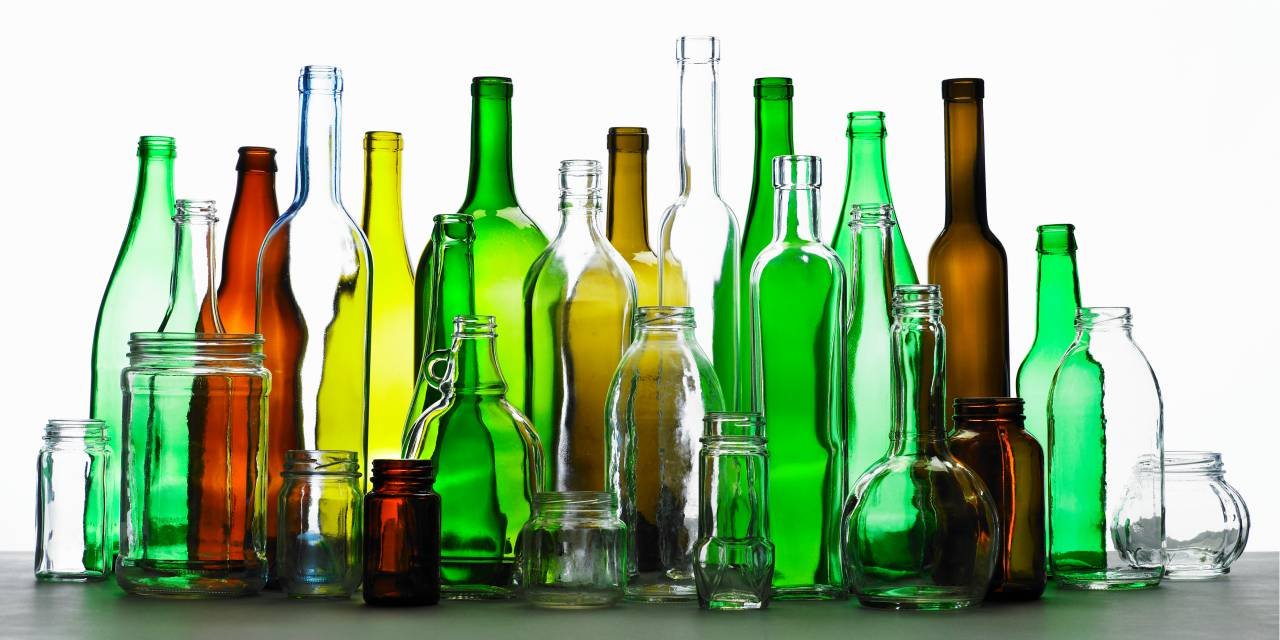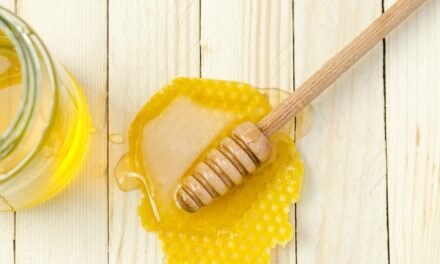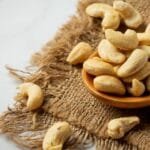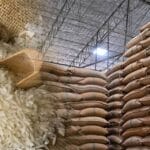Recent media reports about microplastics in glass bottles have sparked concern. The All-India Glass Manufacturers’ Federation (AIGMF) clarifies that the ANSES study cited in these reports links microplastics in packaging to caps and closures, not to glass itself.
The All-India Glass Manufacturers’ Federation (AIGMF) addressed recent misleading reports circulating in the media concerning the presence of microplastics in glass bottles used for beverages. These reports misinterpret findings from a scientific study conducted by the French Agency for Food, Environmental and Occupational Health & Safety (ANSES). The ANSES study, in its clear findings, points out that any plastic particles observed in drinks primarily originate from the paint on the caps used for decoration in glass bottles for packaging beverages.
The study investigates the presence of microplastics in packaging across different types of beverage containers (i.e. plastic, cartons, cans, and glass) in drinks such as water, soda, iced tea, wine and beer. The study is clear that the level of microplastics found in the bottles tested is linked to the metal caps/closures of the bottles, and not from glass packaging itself.

Rajesh Khosla, president, AIGMF said, “The Glass Industry Officials unfortunately were not consulted before making this study public. We request respected members of the media, stakeholders and public to verify the source of the information cited and understand the manufacturing process of glass bottles to avoid spreading any misleading information on glass, which has been a trusted mode of packaging since ancient times.”
He further cited the press statement issued by FEVE – The European Container Glass Federation on their official response to the ANSES Study, which clearly says that the level of microplastics in glass bottles tested is linked to the metal caps/closures of the bottles, and not from the glass packaging itself.
Vinit Kapur, secretary, AIGMF, said, “Glass and plastics are fundamentally distinct materials. Glass bottles are manufactured from abundant natural ingredients such as silica sand and cullet (recycled glass), through a high-temperature process that does not involve the use or formation of plastics. The glass manufacturing units are entirely free of plastic production. When plastic particles are observed in beverages packaged in glass bottles, these particles are attributed to external components like caps and closures, specifically those involving painted metal surfaces, plastic liners, or sealing compounds.”
It is important to note that:
- Glass is chemically inert and non-toxic
- Glass is 100% recyclable and contains no harmful additives
- Glass is globally recognized as one of the safest and most sustainable packaging materials, especially for food, beverages, and pharmaceutical (Covid and other critical lifesaving vaccinations) applications
- Glass plays a critical role in public health, consumer safety, and environmental stewardship
About AIGMF:
The All India Glass Manufacturers’ Federation (AIGMF) is the sole representative body for all segments of the Indian glass industry, including large, medium, and small-scale manufacturers. Founded in 1944, it aims to unite and advance the interests of the glass industry in India.
Have a news or topic to share with industry? Write to us editorial@pfionline.com

















